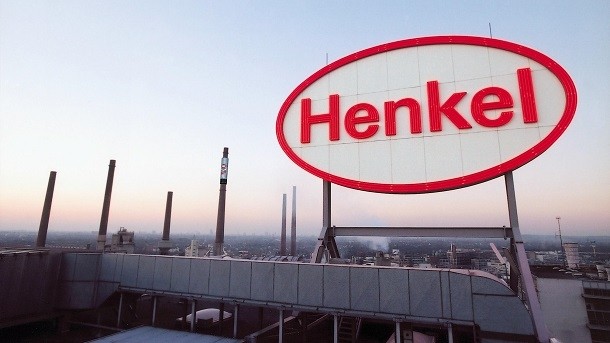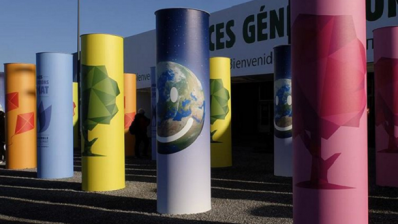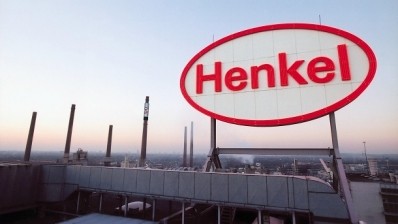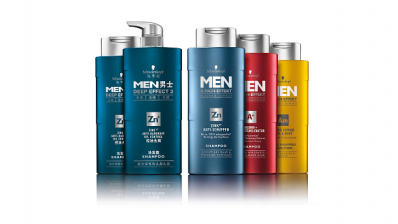Henkel commits to sustainability strategy as climate change focus takes centre stage

The German firm says it is embarking on this plan to become three times more energy efficient by 2030, as climate is an integral part of its business, and the topic comes into full focus with the UN Climate Change Conference (COP21) taking place in Paris next month.
“A key lever for climate action are the company’s products, which are used millions of times worldwide every day and offer the biggest potential for saving energy and reducing CO2 emissions,” says the Dusseldorf-based company.
To help do this, Henkel is continuously optimizing the CO2 footprint of its materials by using what it calls ‘intelligent’ resources, and developing completely new active substances that improve product performance while achieving significant cuts in energy and resources.
An example is the Syoss Renew 7 hair care product range which includes new shampoo formulations reducing the CO2 footprint per formula by 18% compared to previous formulations.
The consumer goods firm says that the reduction could be achieved by using 16.5% less surfactants, 60% less cationic polymers and 10% more renewable materials.
What to do
As with other consumer goods companies, particularly in personal care, a lot of the impact occurs at the use phase and this is not something that it is easy for a company to control – it is out of their hands.
Up to 90% of the environmental footprint of many Henkel products is generated during this use phase, so the company can only focus on products and technologies, which help its customers and consumers save energy while using them.
Henkel has also taken a look at its buildings, as they alone account for 30-40% of global energy consumption and for 33% of CO2 emissions worldwide.
To help here, the company uses its External Thermal Insulation Composite Systems (ETICS) to insulate all types of facades in order to significantly optimize the energy consumption of a building.















